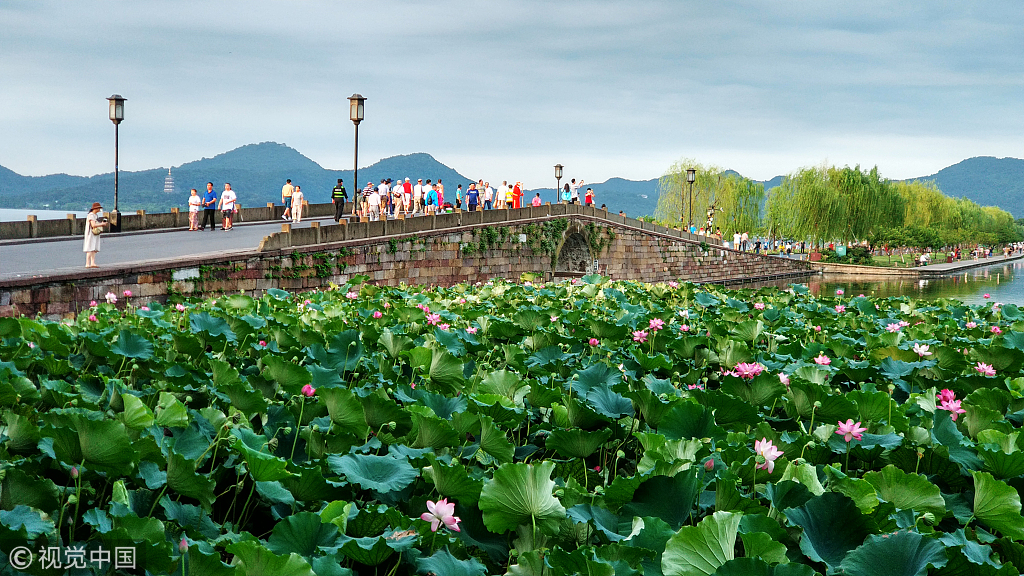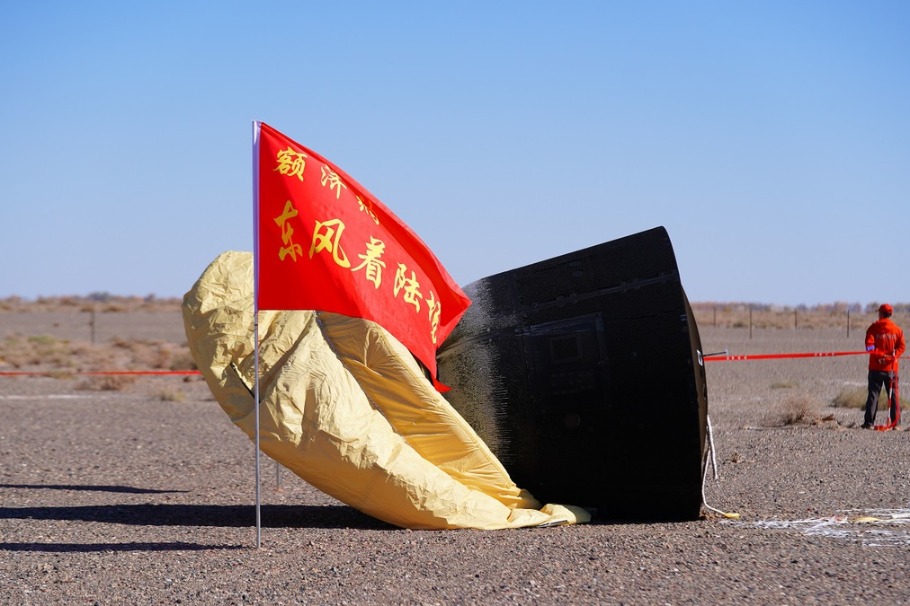China is retaking its position in the world


I have been a “China watcher” since I was just 13 years old. It all began in my middle school social studies class. Our class was to do a class project involving magazines. One of those magazines had a story called “High Tech in China.” Curious, I opened the magazine and learned of a city that I had never heard of before…Shenzhen. Shenzhen, the article wrote, was leading China from the production of low-end toys, shoes, and garments, toward high-tech products, in this case, microchips. From that moment on, I came to learn that China was quite different than my 13-year-old-self had always imagined it to be. As the years passed, my fascination grew and I learned more. It culminated in short study abroad visit to China, and then living in China for 4 years while I was in my early 20s.
While living and working in China, one could see the immense changes that the reform period has brought to China and the Chinese people. In many respects, the pace of reform and modernization has been so rapid that many Chinese people simply skipped the 20th century and moved directly into the 21st. Indeed, the lives of hundreds of millions of rural farmers, who just a generation ago lived in poverty, have been greatly improved. This was evident with my own eyes. The reform and opening-up period had led China to accomplish the development, urbanization, and modernization, in roughly 50 years, that took over 200 years to complete in the West.
During my time in China, I have learned that many assumptions about China held in the West are simply untrue. One of these assumptions is this idea that the rise of China on the world stage is a new development in the geo-political arena. On the contrary, China was an important world power and locus of technological innovation for thousands of years, long before the industrialization of the West. China, in fact, led the world in technology during the time of the European Dark Ages. China’s rise in the reform and opening-up period should not, therefore, be thought of as “the rise of China” but rather the resurgence of China. China’s position as a world power is not new and should not be surprising. On the longer scale of history, China is simply retaking its former position in the world. The Chinese people, who seem to think on longer timescales than their Western counterparts, understand this, but many in the West are not used to this line of thinking.
During my years in China, I came to admire the determination and humility of the people. Most Chinese understand and accept the fact that despite the tremendous progress their country has made over the past four decades much work remains to be done. They are willing to recognize that China, like every country, is not perfect, but with this recognition comes a sense of optimism, determination, and resolve, to take on those imperfections. The Chinese people display a kind of patient determination that ultimately their country will arrive at the intended destination, even if the journey is long and difficult.
In today’s uncertain times, it is important for us to remember that, despite what some might say, the world today is far more prosperous and peaceful than at any other time in human history. Literacy rates are higher, infant mortality is lower, mortality due to wars, famine, disease, are all at historic lows. Meanwhile, an ever-smaller percentage of humanity is mired in poverty. We owe this world-wide prosperity to globalization and the Chinese reform and opening-up story is probably globalization’s most important example of success. The exchange of goods and services, the exchange of ideas, the onward march of technological progress, is irreversible and, on balance, good for all of us.
As China celebrates the 40th anniversary of the reform and opening-up policy, some people are beginning to call the benefits of globalization into question. Globalization is not easy, just as reform is not easy, but globalization is not a zero-sum game of winners and losers. Instead, when we think on longer timescales, globalization is a win-win proposition. Now, more than ever, the world needs to continue down the path of globalization and brave its difficulties. This is imperative for the good of humanity in the 21st century.
Jeff Lundblad was born in Chicago, USA. He is a graduate of the University of Illinois at Urbana-Champaign. He lived and worked in Zhejiang province from early 2012 through 2015.
The opinions expressed here are those of the writer and do not represent the views of China Daily and China Daily website.


































